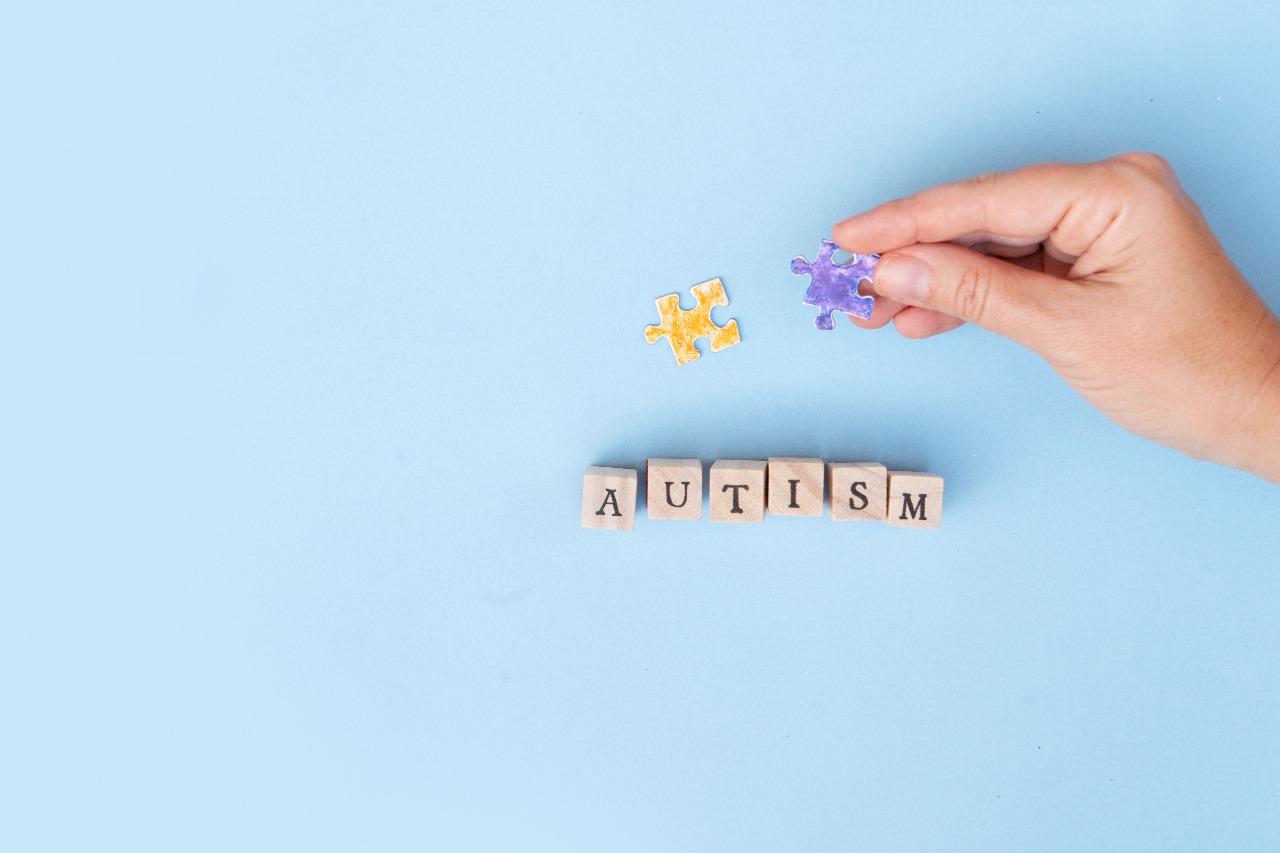The journey into the world of autism often begins with a single sentence, a diagnosis delivered by a pediatrician which starts a family on an odyssey they never anticipated: “Giannis is hyperactive, and his lack of eye contact is a concern… I’m referring you to a good neurologist who specializes in ASD.” And just like that, the family’s autism journey has begun.
The prevalence of Autism Spectrum Disorders (ASDs) in Greece places it 22nd globally, but the limited number of population-wide studies places a question mark over the accuracy of these stats. Despite being a member of the European Union and considered developed, Greece falls short when it comes to providing adequate healthcare, socio-economic support, and educational services to individuals and families affected by autism.
Upon receiving an official diagnosis, parents experience a rollercoaster of emotions running from denial to a profound sense of loss. Instead of the psychological support and guidance they so desperately need, they are confronted by bureaucratic hurdles. Arduous and time-consuming, the process adds stress to an already challenging situation.
Associated with impaired social communication, repetitive behaviors, and restricted interests, ASD imposes a heavy financial burden on the families of autistic children. Therapeutic sessions such as speech and occupational therapies, averaging €30 per session, quickly accumulate. Early interventions, which are crucial for a child’s developmental progress, are expensive and often not fully covered by the Greek state.
Securing disability benefits involves navigating a complex system. Accessing such benefits requires a child’s level of disability to be diagnosis and certified, but this needs to be done at a public hospital, leading to long waits for appointments at Child Psychiatric Centers. Families spend months, sometimes over a year on waiting lists, bearing all the expenses themselves. The difficulties are further compounded by the daunting prospect of having to deal with crowded and overwhelming environments during the evaluation process; given that a lot of autistic children are sensitive to new social environments and to noise, this can be traumatizing.
Families also face significant challenges in the realm of education. While access to education is theoretically guaranteed by the constitution, the reality is often starkly different for individuals with mental disabilities. Globally, the last 50 years has seen the education of children with special educational needs or disabilities shift from exclusion and segregation to inclusion. However, Greece’s approach to special education has been slow to evolve, with the state reluctant to assume responsibility. Although efforts have been made to put procedures in place for assessing and identifying children with Special Educational Needs (SEN), delays and stigma persist, hindering timely evaluations.
Options for education vary, from resource classes within mainstream schools to special education units or schools. However, insufficient facilities pose significant challenges, especially in rural areas and major urban centers like Athens and Thessaloniki, where special schools are often overcrowded and short-staffed. This presents significant barriers to education for autistic students. Many schools fail to offer personalized curricula tailored to the needs of ASD pupils, thereby limiting their educational and social opportunities. Additionally, it’s important to highlight that the option for state-funded ‘special assistant’ support is not available in special schools, leading most parents to hire their own ‘special assistant’ to aid their child throughout their education within the school environment.
In addition, until recently, students with ASD were not admitted to universities without sitting the school leaving exams. However, progress has been made in this area, and students with ASD now account for 5% of total admissions.
The challenges persist even as individuals with ASD transition into adulthood. The severity of symptoms and level of functioning vary among autistic people, who range from autonomous individuals requiring only limited support to persons with restricted autonomy and intellectual disability for whom continuous and substantial support is necessary.
While people with disabilities have historically been restricted to the home or an institution, recent initiatives have established Day Care Centers that provide a much-needed alternative. These centers offer their beneficiaries essential services such as transportation, accommodation and meals. And while personalized programs include occupational therapy, speech therapy, creative activities and entertainment, the centers cannot provide support to the entire ASD population.
Concerns about the future loom large for families, with questions hinging on long-term care and support for their loved ones. Supported Living Residences (SLRs) providing permanent accommodation and organized support offer a ray of hope. However, these facilities are few in number and mostly located in urban areas, leaving many families without viable options for the future.
Addressing these challenges and ensuring that individuals with ASD and their families receive the support and resources they need to thrive requires a concerted effort from policymakers, healthcare professionals, and society as a whole. Legislative reforms are needed to streamline the process for accessing services and benefits, reducing the burden on families who are already facing the complexities of autism. Investment in education, and in particular on making more specialized training for educators and increased resources for inclusive schooling available, is essential if individuals with ASD are to be provided with meaningful opportunities.
The creation of more Supported Living Residences, coupled with enhanced community-based support programs, can offer autonomy and dignity to adults with ASD, helping them lead fulfilling lives that transcend the limitations of their condition.
Ultimately, the journey of families with autism in Greece is one marked by resilience, determination, and unwavering love. By acknowledging the challenges and working collaboratively to address them, society can create a more inclusive and supportive environment for individuals with ASD and their families, allowing them to flourish and contribute to their communities.



